8 best encryption software tools for using free Wi-Fi
6 min. read
Updated on
Read our disclosure page to find out how can you help Windows Report sustain the editorial team. Read more
Key notes
- Public, unprotected Wi-Fi hotspots are dangerous because hackers lurk everywhere. You might fall into their trap and give away your personal information without even realizing it.
- Check out the best types of software to protect your data over free Wi-Fi by using encryption. We also listed our recommendations to help you get started.
- Learn everything about Wi-Fi, including security, speed, and troubleshooting guides.
- Visit our Internet and Network Solutions section to discover more useful tools for your PC.
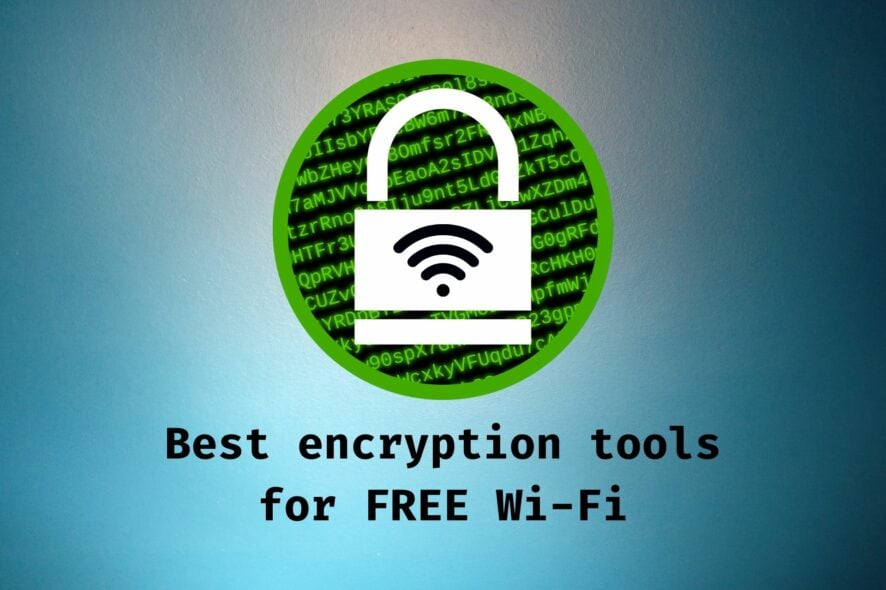
It’s dangerous to connect to free Wi-Fi, even when using your personal laptop, smartphone, or tablet. Hackers are always looking for their next target.
If the public wireless network you’re trying to use isn’t protected with a password, then it will expose your to security vulnerabilities, such as man-in-the-middle attacks.
That’s where encryption comes into play. You can take the necessary precautions to defend your computer from account hijackers and identity thieves using security solutions.
What are the best Wi-Fi encryption tools to protect your data?
A premium VPN service
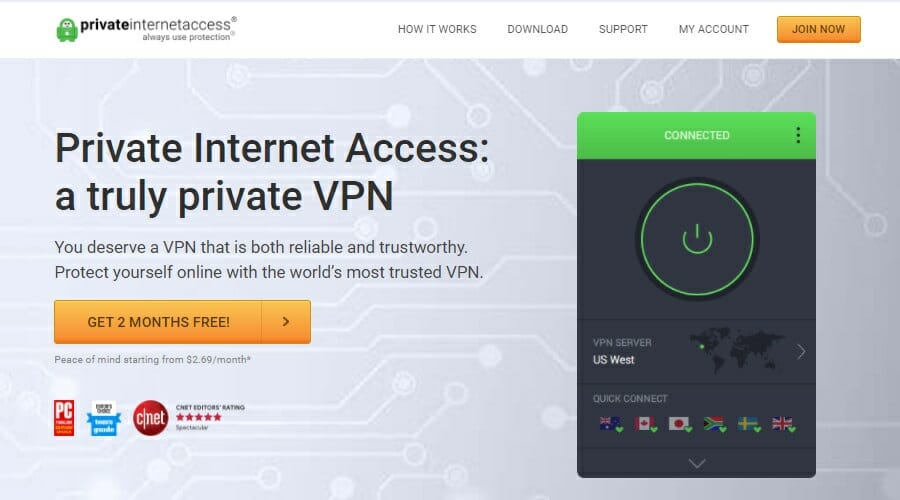
A VPN service creates a secure tunnel between your unprotected wireless network and the Internet to encrypt all data that passes through. It’s one of the best and easiest ways to protect your online privacy and computer security.
But you shouldn’t use a free VPN service because it has limited functionality and a low server count. Besides, most free VPNs are ad-supported, exposing yourself to malware risks. Some even monitor and sell your data.
Instead, turn to a reliable, paid VPN service like Private Internet Access. It offers 256-bit military-grade encryption through the OpenVPN protocol. Or you can switch to WireGuard to experience a faster Internet connection.
Here’s what you get with PIA:
- Kill switch
- Private DNS servers
- PIA MACE (malware blocker)
- No logs or leaks
- 24/7 live chat support
- 30-day money-back guarantee (no free trial)
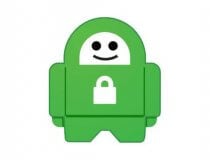
Private Internet Access
Use this reliable VPN service to encrypt your entire data traffic when connecting to free Wi-Fi.Out of all the virtual private network solutions we tested, we think that Private Internet Access is the safest VPN for hotel Wi-Fi.
A secure web browser
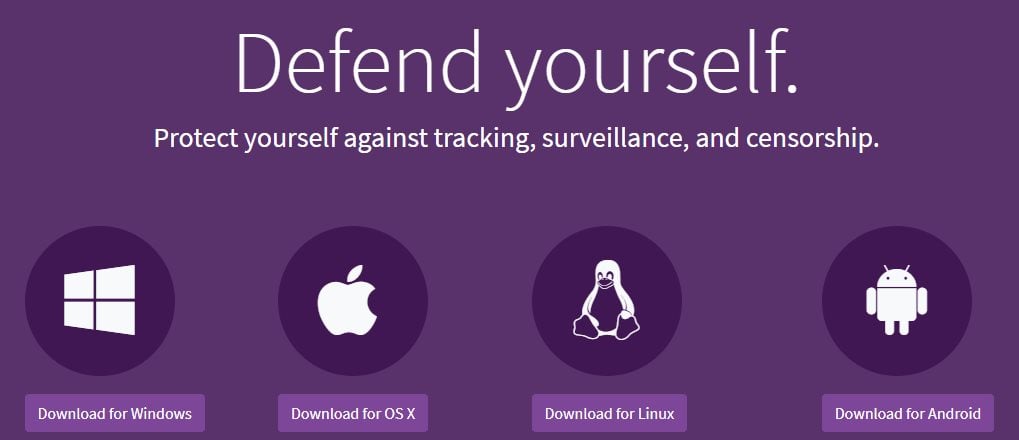
The next best thing to using a VPN is Tor. It’s a completely free and super-secure anonymity network maintained by a huge community of privacy-concerned individuals.
Tor was specially built as an anti-censorship tool for people living in countries with severe government policies that restrict Internet access.
But Tor is also one of the best ways to protect yourself on free Wi-Fi using multiple layers of encryption.
All you have to do is download the Tor Browser and use it instead of your regular browser when connecting to public hotspots.
An HTTPS enforcer

HTTP websites don’t have SSL certificates, so they create security loopholes.
A cyber-criminal could intercept your connection, set itself in the middle of your PC and the remote server, and steal your email credentials or credit card info.
It’s essential to visit only HTTPS websites because they provide end-to-end encryption. It’s one of the best ways to protect your PC over public Wi-Fi.
Some web browsers have an HTTPS only mode, such as Firefox, so make sure to explore browser settings and turn on that feature.
Otherwise, you can set up extensions that force your web browsers to always load HTTPS pages. We suggest using HTTPS Everywhere.
A secure email service
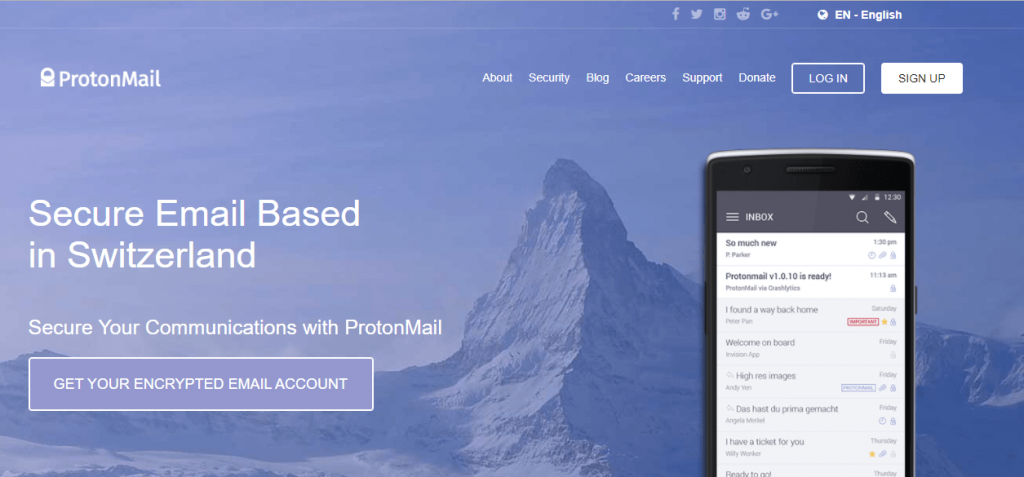
We’re not saying that Gmail, iCloud Mail or Yandex Mail aren’t secure. But you can do better when it comes to using encryption tools over free Wi-Fi.
ProtonMail is an excellent example. It’s a highly secure email service based in Switzerland, which uses end-to-end encryption to make your emails anonymous.
Here’s what you get from ProtonMail:
- No logs: zero access to your data
- Open-source cryptography: AES, RSA, OpenPGP
- Full disk encryption for storing your data
- Self-destructing emails
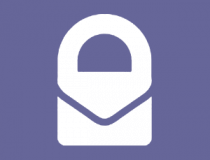
ProtonMail
Make your emails anonymous when connecting to free Wi-Fi to protect your data from hacker interceptions.We think that ProtonMail is the best email service with encryption.
A secure messaging tool
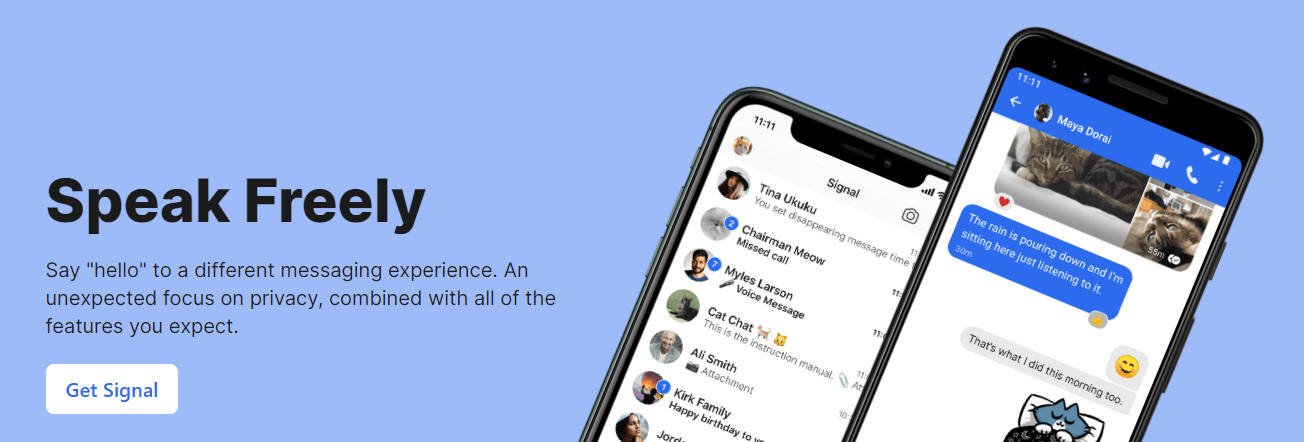
Facebook Messenger and WhatsApp provide end-to-end encryption. But privacy-concerned users aren’t too comfortable about sharing their private messages with the world’s biggest social media network.
If you’re one of them, check out Signal. It’s a free instant messenger that uses military-grade encryption to secure your data, even over free, unprotected Wi-Fi.
We believe that Signal is the top messaging tool that uses encryption. And, if you need more convincing, you should know that the service is backed by Edward Snowden.
An antivirus with Wi-Fi protection

You probably don’t need to hear again how important it is to secure your device with a powerful anti-malware service. So we’re going to skip that part.
What you may not know is that a few antivirus solutions feature Wi-Fi protection to keep you safe when connecting to public wireless networks.
Bitdefender stands out in the crowd. It has a special feature called Wi-Fi Security Advisor, which exposes network vulnerabilities and tells you if it’s safe to connect.
Bitdefender has numerous benefits against hackers, including anti-ransomware, an integrated password manager, webcam protection, and an Internet filter.

Bitdefender
Use the powerful antimalware solutions provided by Bitdefender to stay safe when connecting to public Wi-Fi networks.Feel free to check out more antivirus tools with Wi-Fi protection.
A password manager
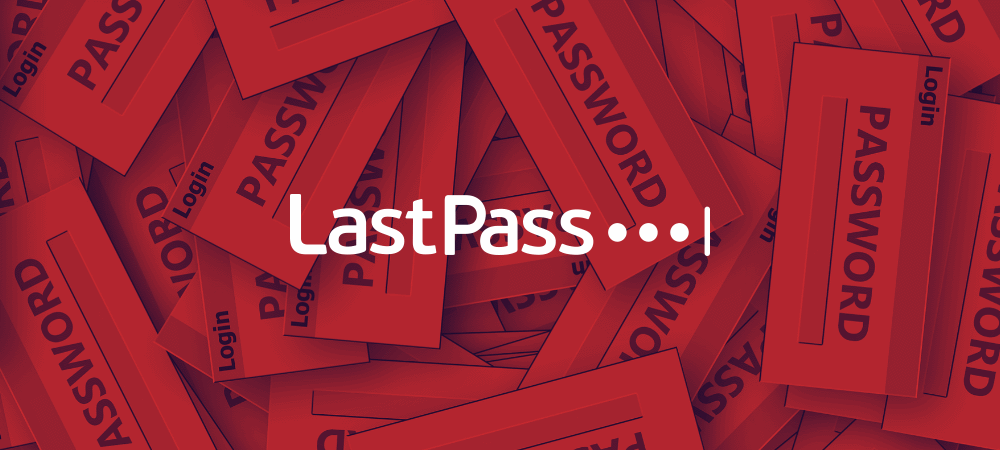
52% of people reuse the same password across multiple accounts, and only 24% use a password manager, according to an online security survey conducted by Google.
Using a password manager to keep track of all your passwords is essential. Especially if you must often connect to free Wi-Fi.
It stores all those long and elaborate keys in a single place so that you just have to remember a single password to access the manager.
LastPass is arguably the best in the business. It has a free version with plenty of features for most casual users.
Here’s what you can expect from LastPass:
- Keep track of passwords, credit card data, and other info
- Multi-factor authentication
- Random password generator
- Free, Family, and Premium versions

LastPass
Keep track of all your passwords to avoid hacker attempts, especially when using free Wi-Fi networks.If you prefer alternatives to LastPass, check out the best password managers for Windows 10 PC that we picked out.
A file encryption tool
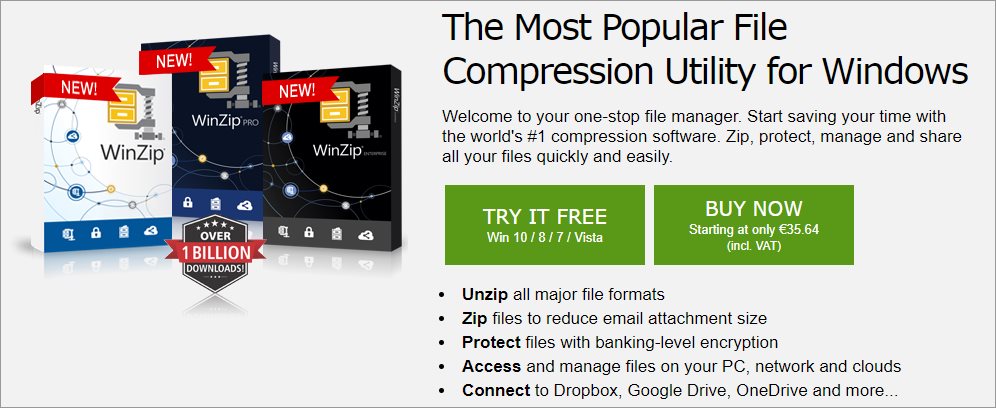
Assuming that hackers breach your computer’s security defenses, it’s important to prepare yourself by encrypting all important files on your PC: photos, work documents, videos, and so on.
You might be surprised by what we recommend using in this case: WinZip. In addition to compressing files and extracting data from archives, the tool supports bank-level encryption.
Furthermore, WinZip integrates with cloud services like Dropbox, Google Drive and OneDrive, making it an excellent ally for encrypted file sharing.
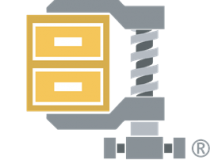
WinZip
Compress and encrypt your files when connecting to free, unprotected Wi-Fi, thanks to this reliable tool.Conclusion
To summarize, you can ensure your computer’s security when connecting to public Wi-Fi and seeing the Other people might see info you send over this network message using dedicated tools.
We recommend arming your device with a premium VPN service, a secure web browser, an HTTPS enforcer, as well as an encrypted email service and messaging tool.
But you should also get a powerful antivirus with Wi-Fi protection, a password manager, and a file encryption progam.
What tools do you personally use to protect your data from hackers over public Wi-Fi? Let us know in the comment section below.
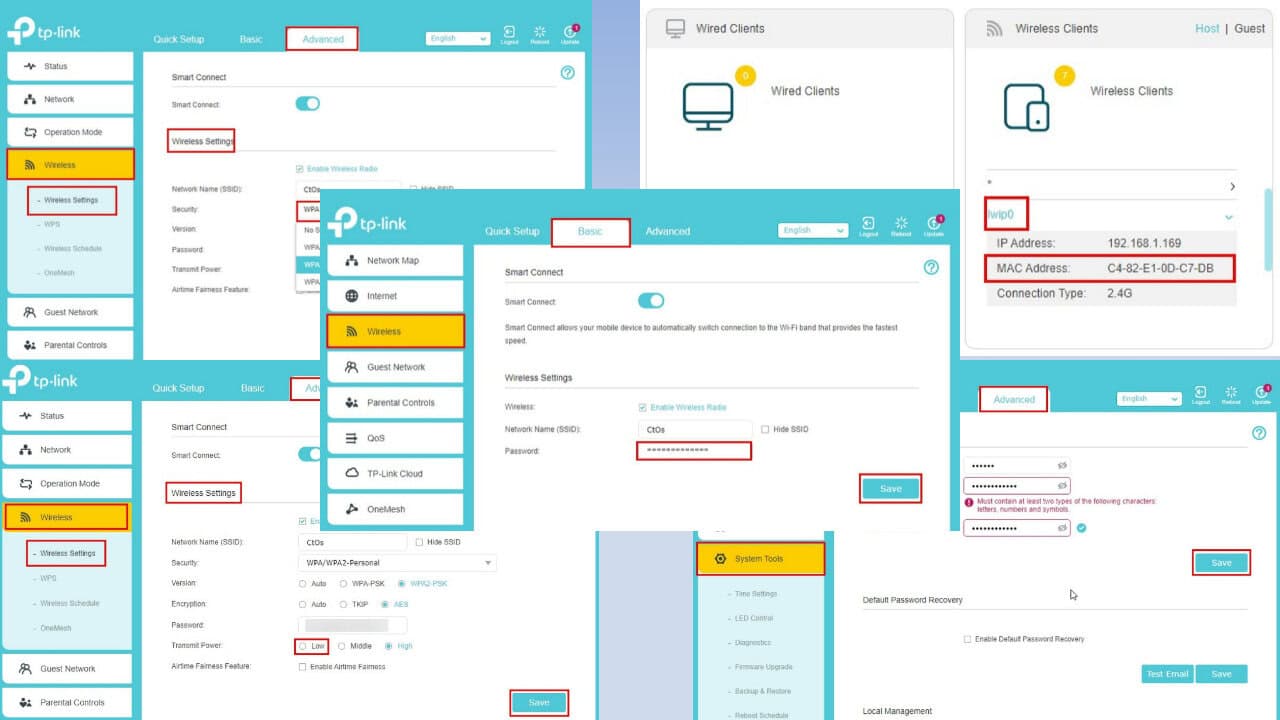
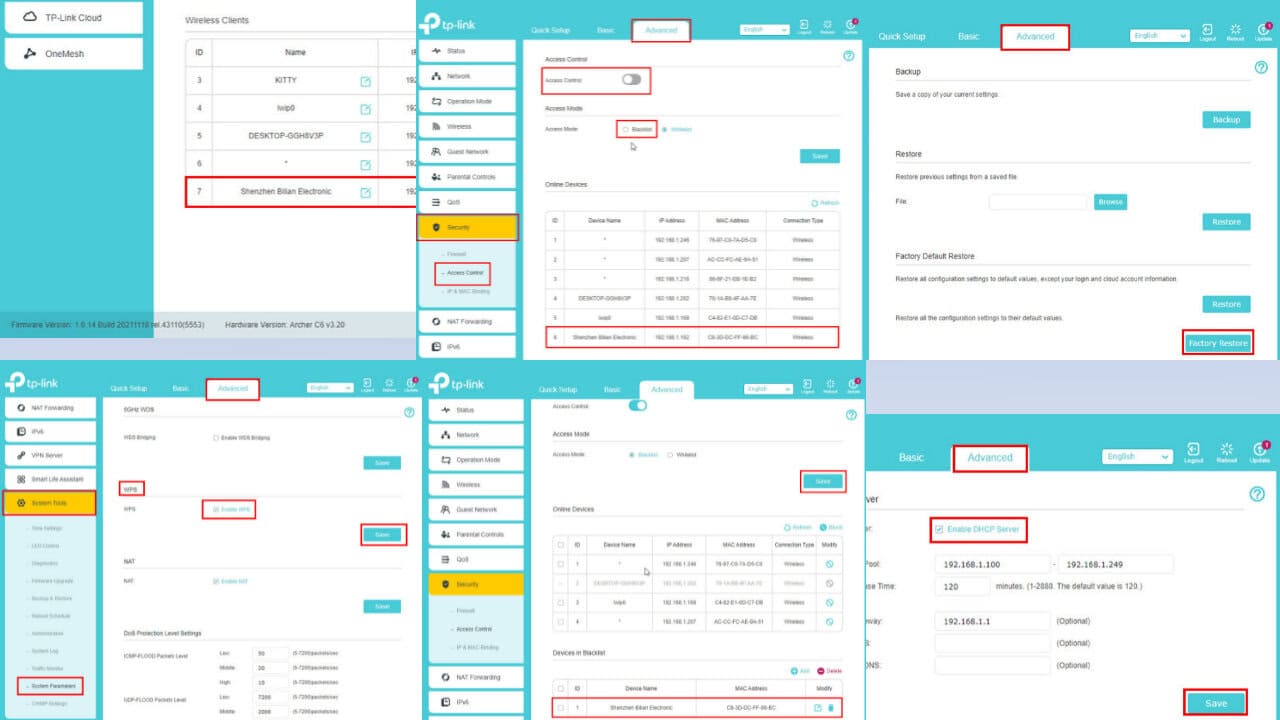
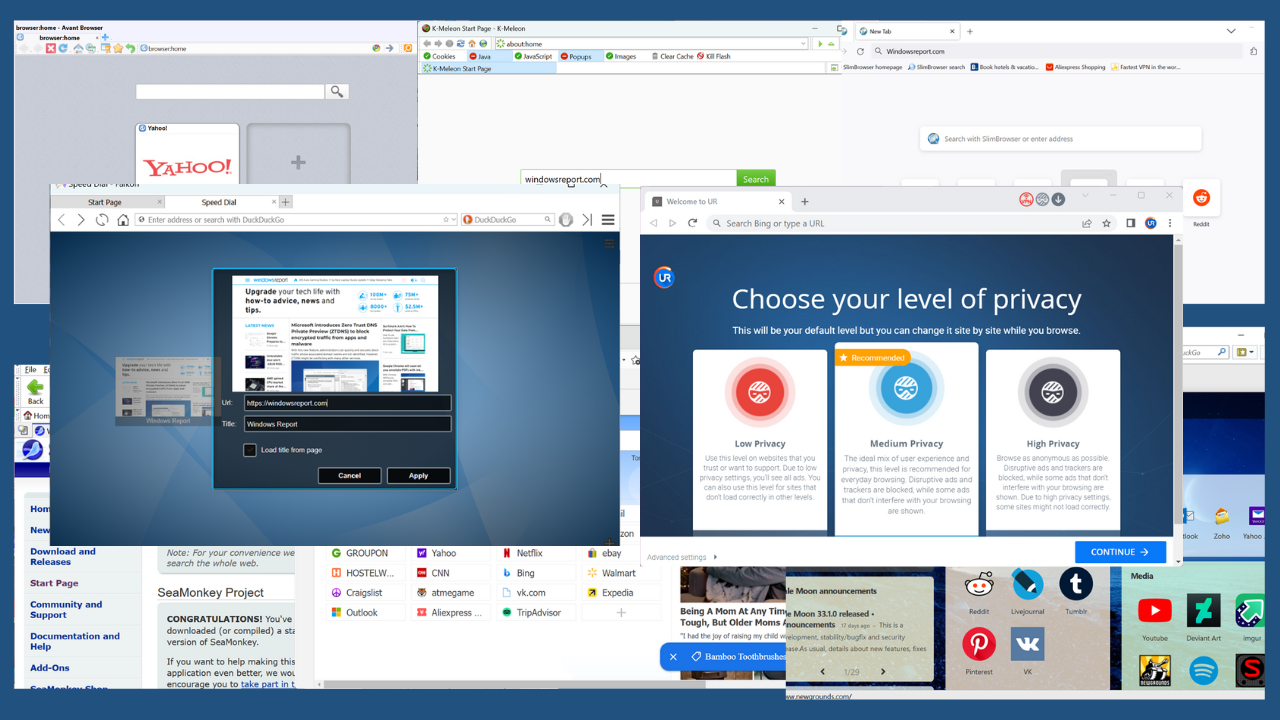
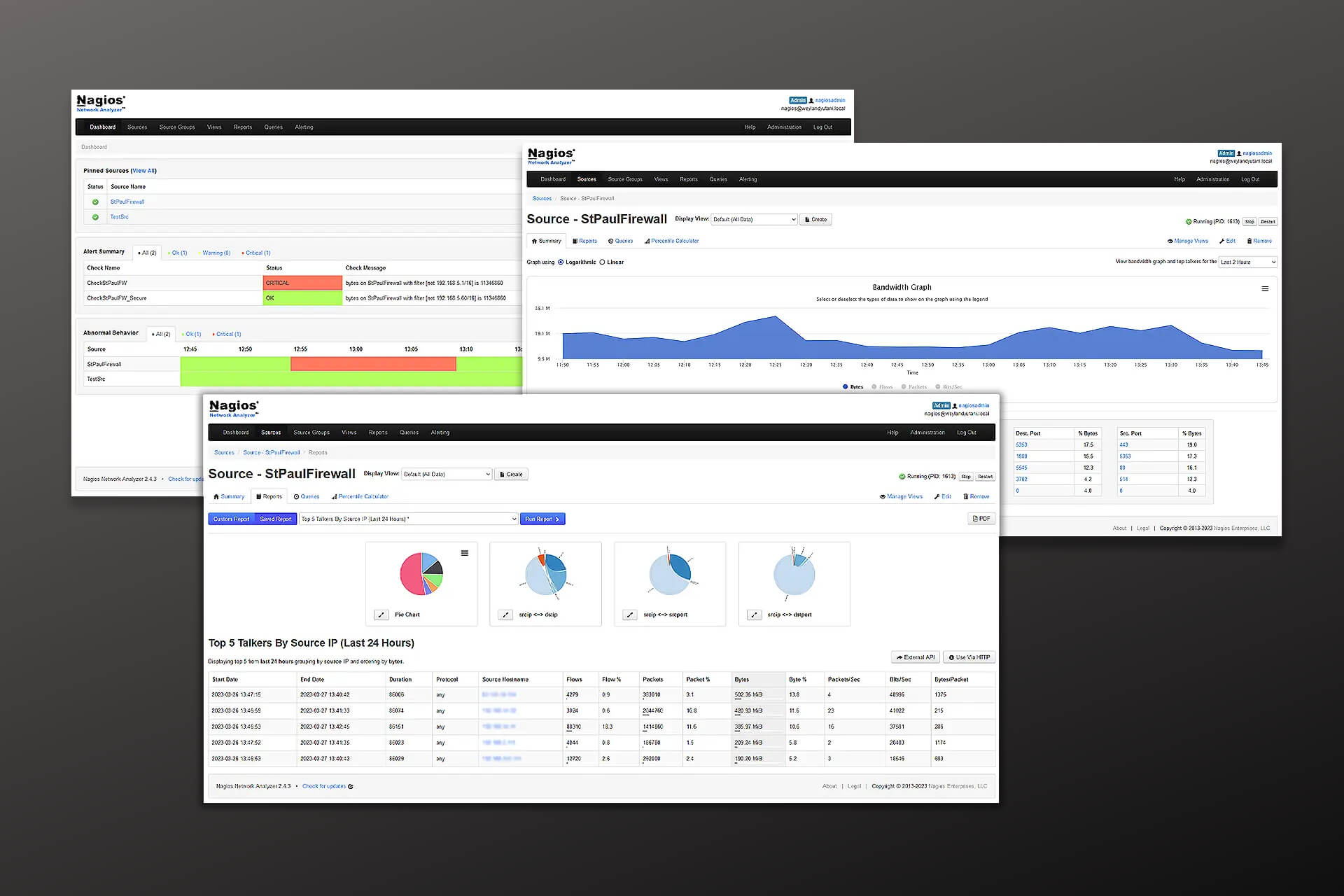
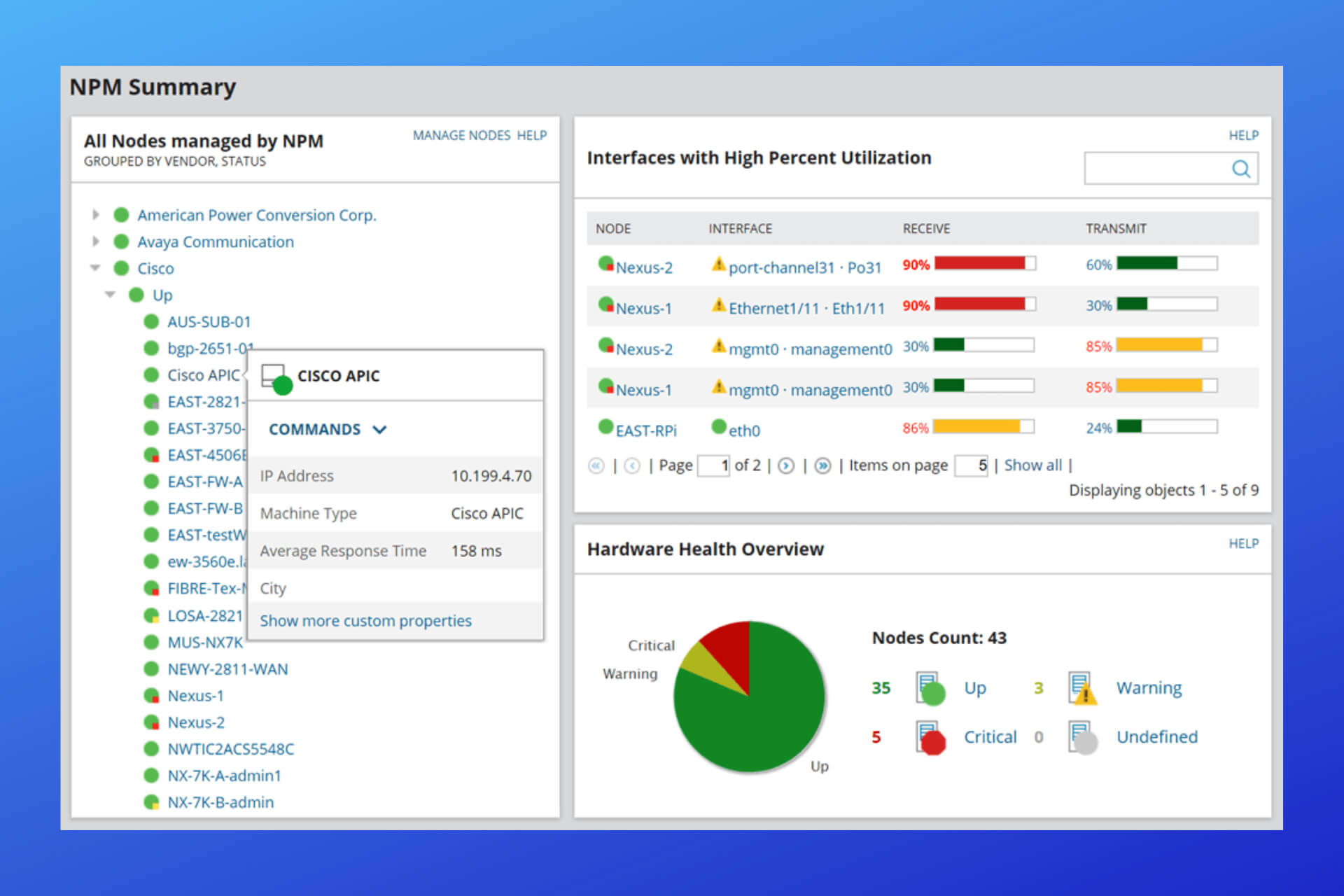
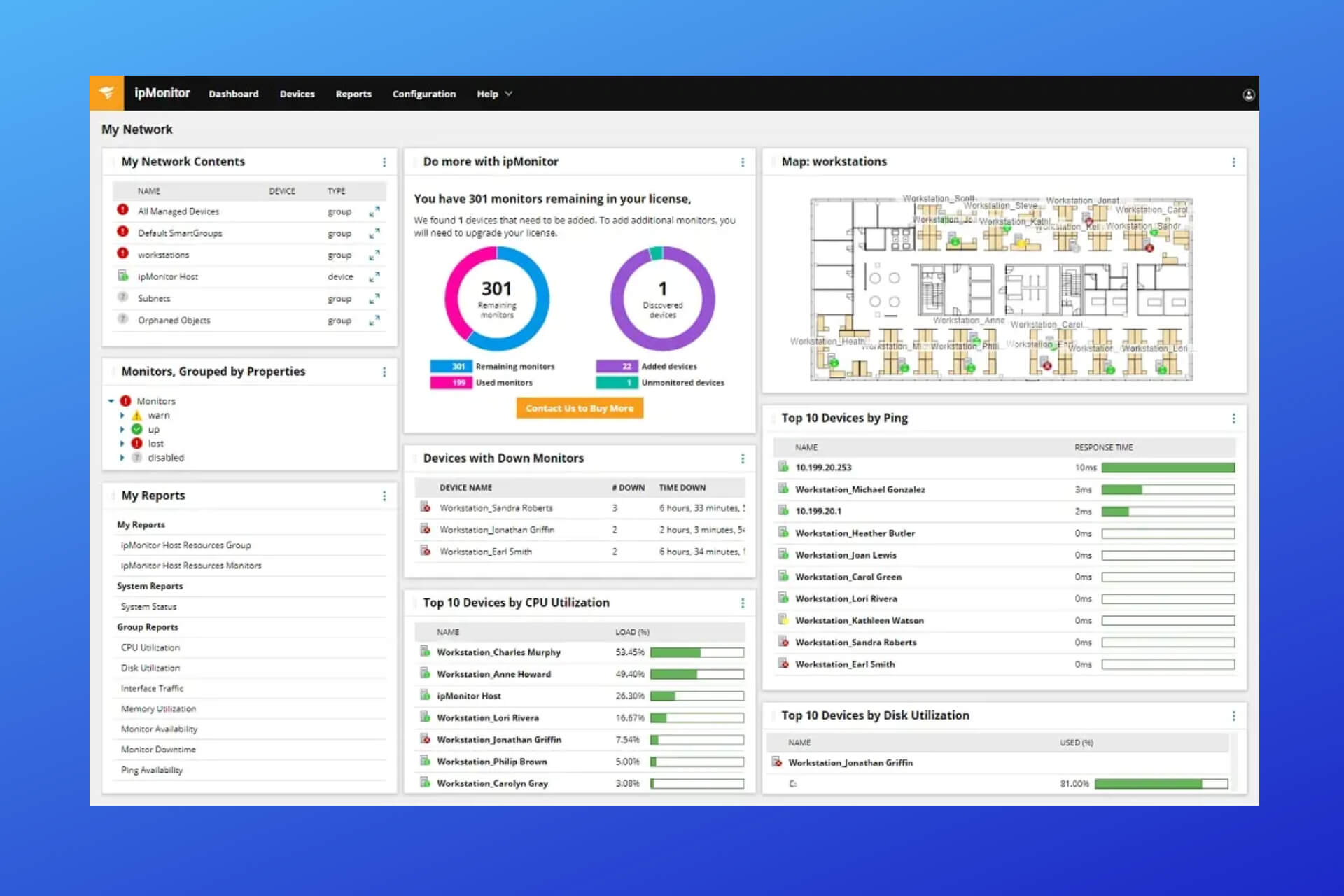
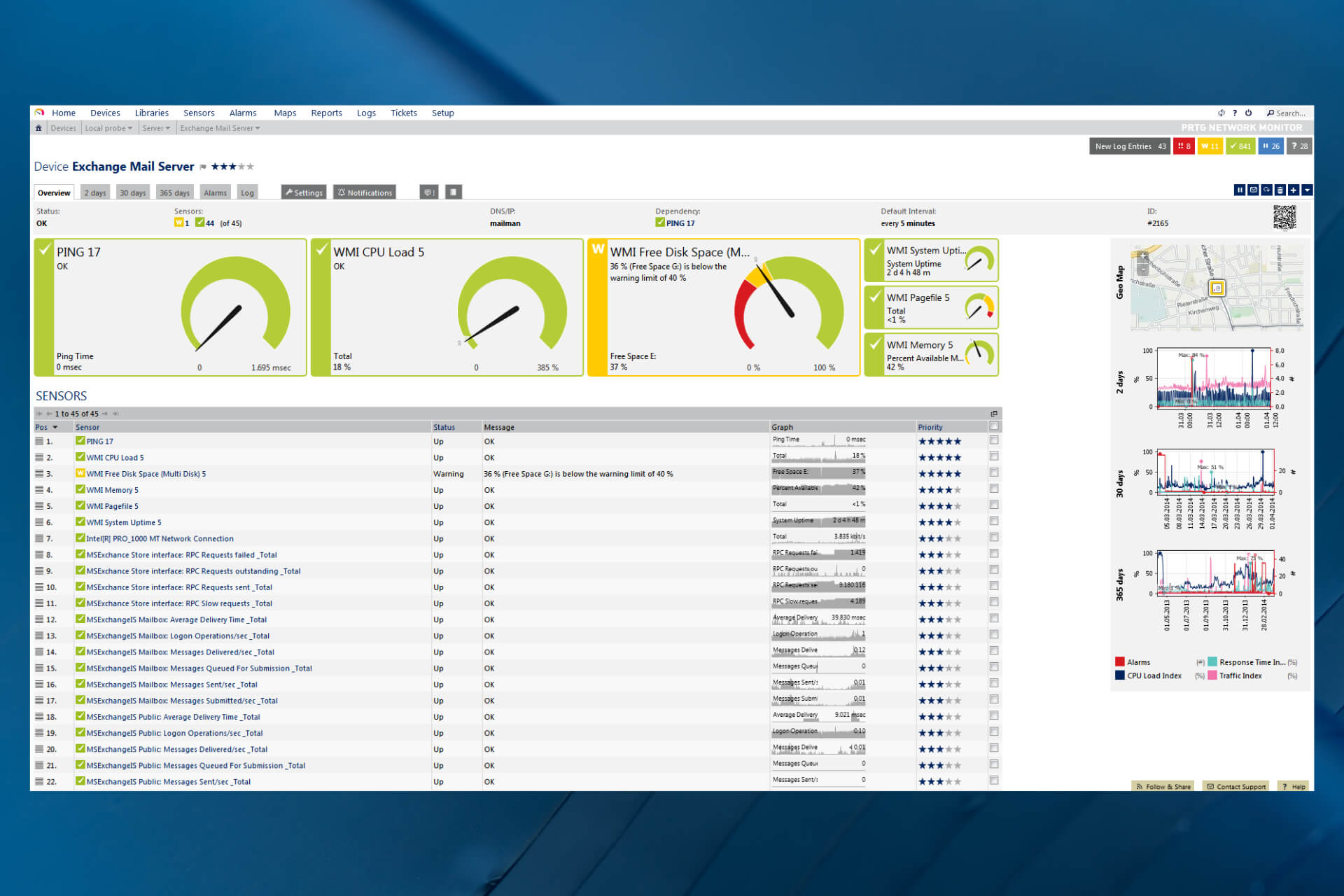
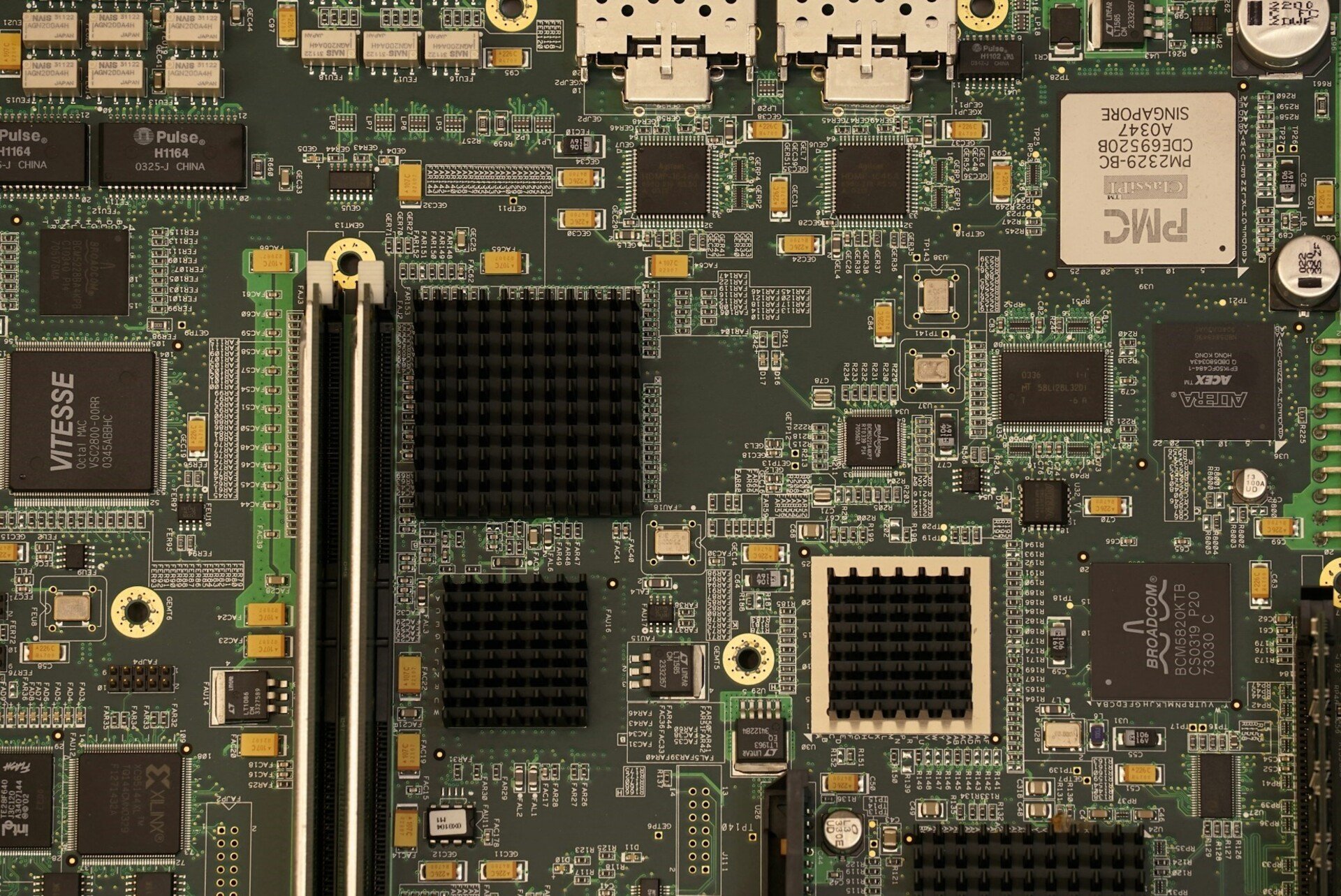
User forum
0 messages